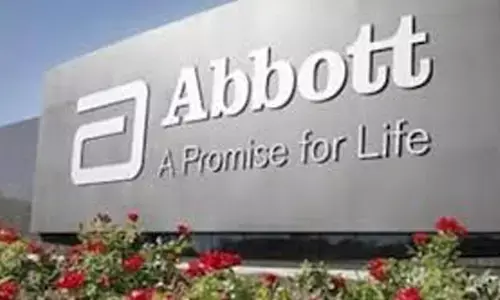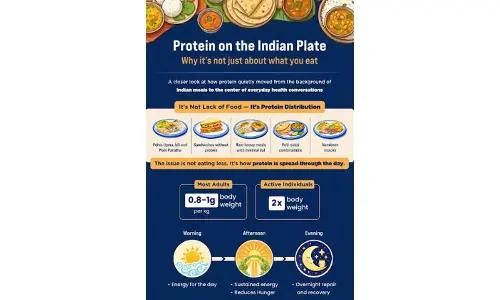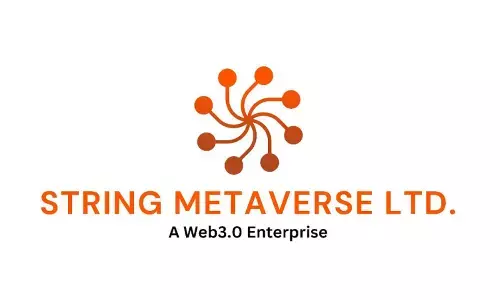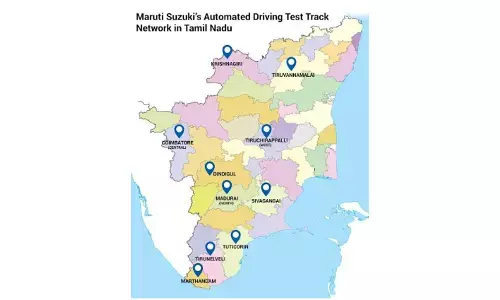Acute shortage of medicines in govt hospitals, health centres
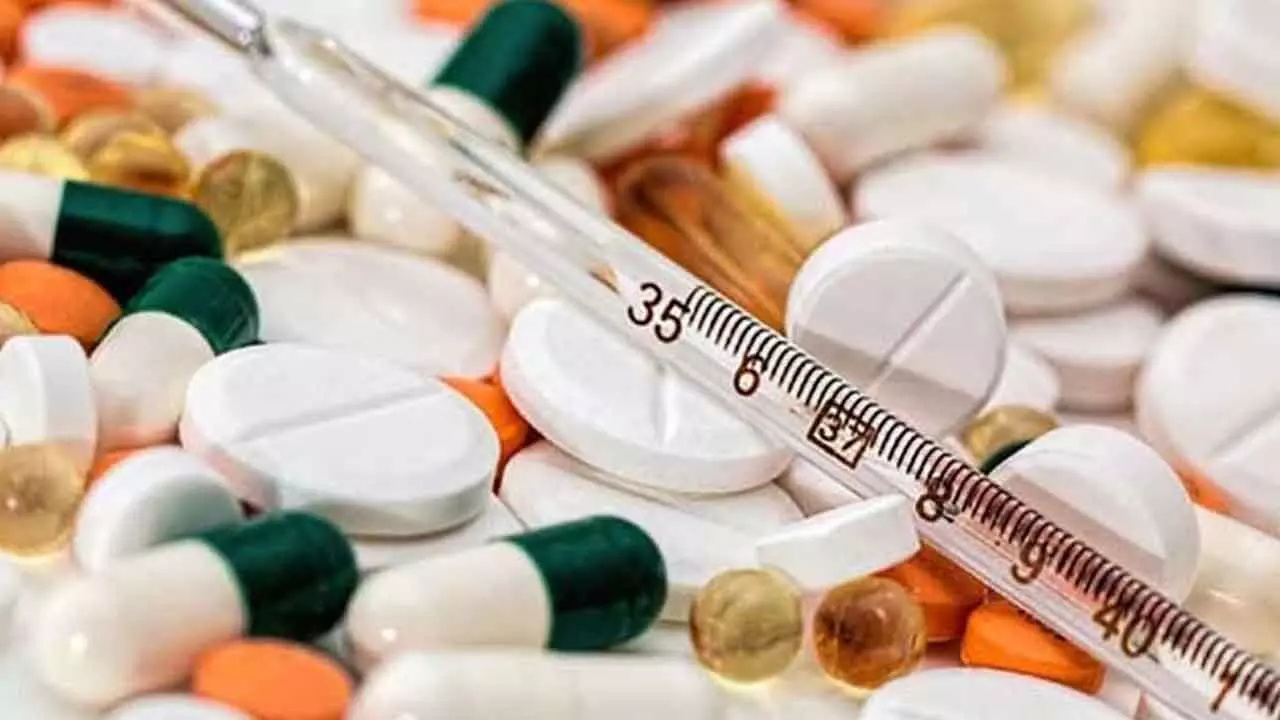
It is far below the Indian Public Health Standards (IPHS) standards, according to a report by the Comptroller and Auditor General of India (CAG)
Bengaluru: The number of essential medicines in Karnataka’s health institutions is significantly low. This is so much so that it is far below the Indian Public Health Standards (IPHS) standards, according to a report by the Comptroller and Auditor General of India (CAG). According to the report, the Karnataka State Medical Supplies Corporation Limited (KSMSCL) did not procure the required quantity of essential medicines as requested by health institutions across the state between 2017-18 and 2021-22.
In 2020-21, health institutions in the state had submitted requests to the state health department for the purchase of 761 essential medicines. However, the report men-tioned that only 238 of them were purchased. The institutions were allowed to pur-chase the rest locally. It was found that while about 128 per cent of the medicines re-quired in district hospitals are in stock, there is only less than 50 of them. That is, there is a shortage of 61 percent, the CAG report said.
While 81 per cent of the medicines required in taluk hospitals, only 35 per cent or less are available in stock. That is, there is a shortage of 57 per cent. Primary Health Cen-tres (CHCs) have only 25 or less essential medicines in stock. Of these, 64 essential medicines are currently in demand.
Essential medicines supply very low: CAG report
The overall percentage of essential medicines supply in all the five districts inspected during 2016-22 (Bellary, Bengaluru City, Dharwad, Kolar and Mysore) has consistent-ly been below 35 per cent, the CAG report said.
The CAG report said that there is a variation in the cost due to health institutions pro-curing some medicines locally and also provided details about it. The report provided illustrative cases, such as 783.7 per cent more expenditure on painkillers in 2019-20.
This is because, while the unit price of this medicine is Rs 2.15 at KSMSCL, it would have cost Rs 19 to purchase it from a local supplier, the report said.



